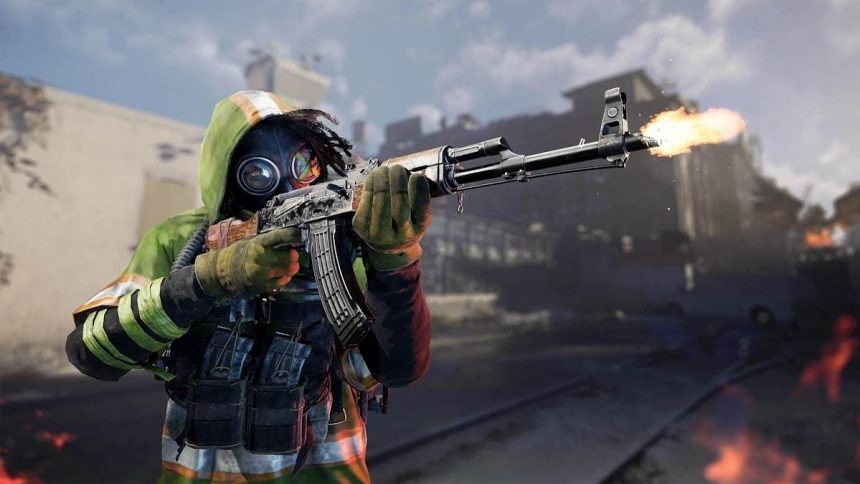In recent developments surrounding Ubisoft’s XDefiant, Mark Rubin, the game director, confirmed that the free-to-play shooter will be shut down permanently this upcoming summer. In October, Rubin dismissed rumors of the game’s uncertain future, suggesting that the company was focused on year two content. However, the situation has dramatically changed, with Rubin stating that the journey of maintaining and growing XDefiant has become unsustainable. He emphasized that the development teams were committed to the long game of free-to-play models, but recent challenges made it sensibly impossible to continue. This marked a significant shift for the game and raised questions about Ubisoft’s strategic direction.
The downhill trajectory of XDefiant can be attributed to a dwindling player base that failed to recover despite previous high expectations. Born from the desire to recreate the nostalgic glory of classic shooter games like Call of Duty, XDefiant ultimately fell flat, unable to capture a sizable audience. This comparative failure comes during a time when the latest installment of Call of Duty continues to enjoy immense popularity, emphasizing the competitive and volatile nature of the gaming market. Unlike similar titles that have managed to thrive, XDefiant struggled to carve out its niche, resulting in its impending demise.
The situation surrounding XDefiant reflects a broader narrative about Ubisoft’s challenges in 2024. Major titles such as Star Wars Outlaws and Assassin’s Creed Shadows have faced disappointment, with the former receiving lukewarm reviews and the latter delayed due to cultural controversies and fears that it needed more development time. While the company still pushes forward with NFT initiatives and claims that long-awaited projects like Beyond Good and Evil 2 are in progress, the overall assessment of Ubisoft’s performance in 2024 has been bleak, leading to speculation about the company’s viability and potential restructuring moves, including going private.
Compounding these troubles is the increasingly difficult landscape for new entries in the competitive multiplayer shooter genre. XDefiant’s intentions to satisfy hardcore gamer demands ultimately did not resonate, and the choice to launch the game exclusively on Ubisoft’s own platform rather than Steam turned out to be a critical misstep. This decision likely hindered the game’s reach and accessibility, reducing its chances of capturing the attention it desperately sought. The competitive nature of the market, where established titles reign supreme, becomes a formidable obstacle for newcomers hoping to gain traction.
In the grander context of the gaming industry, XDefiant’s closure, while regrettable, is not without precedent. Unlike other notable failures, such as Concord—which saw a shutdown just weeks after its release—XDefiant’s journey spanned a longer period, yet the outcome remained similar. Players today are often engaged with titles like Fortnite and Call of Duty, which dominate the market, leaving little room for new contenders unless they can distinguish themselves in profound and unique ways. The crowded arena of online shooters necessitates innovation and engagement to not only survive but thrive, requirements that XDefiant ultimately could not meet.
As the gaming community absorbs the news of XDefiant’s impending shutdown, questions about the future of FPS games and what it takes to survive in this niche will undoubtedly be raised. Reflecting on the failure of XDefiant serves as a reminder of the current industry’s dynamics and the pressures that developers face in creating a successful and sustainable title. It underscores the importance of innovation, strategic planning, and building a strong community, without which even well-intentioned projects can falter. XDefiant’s legacy may be one of cautionary tales, illustrating the harsh reality of gaming’s competitive landscape.



